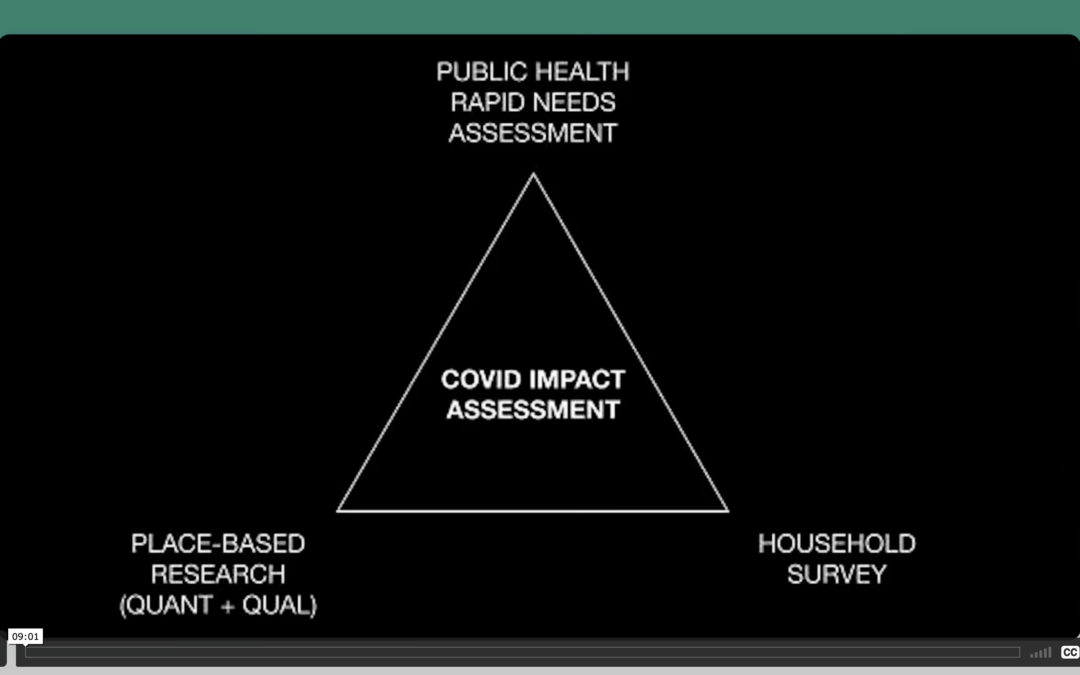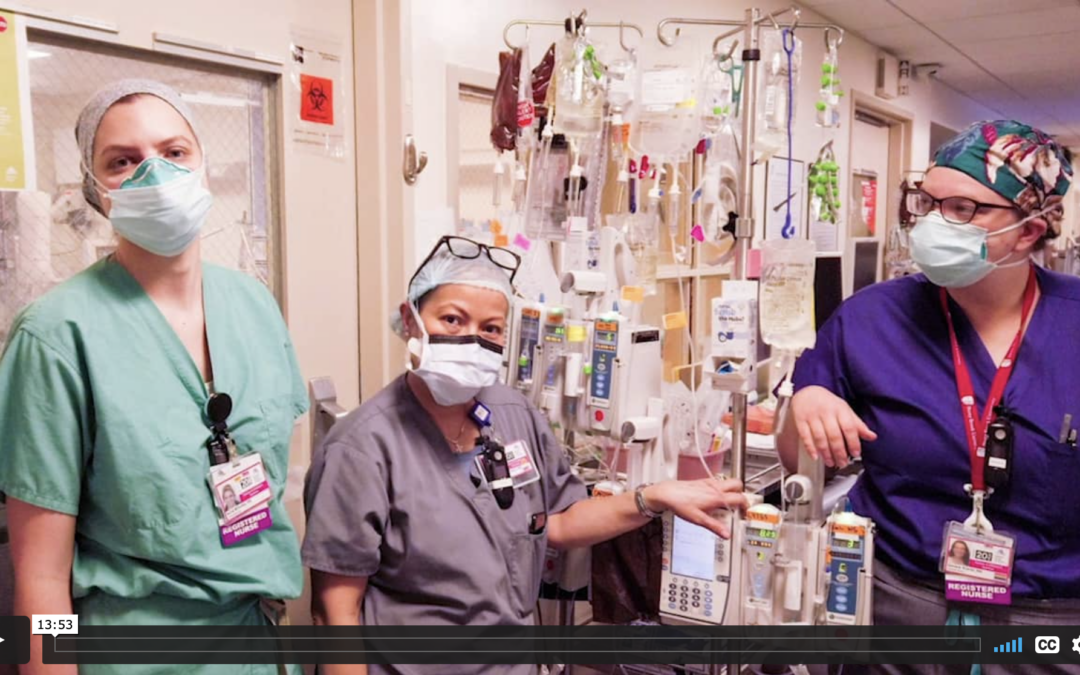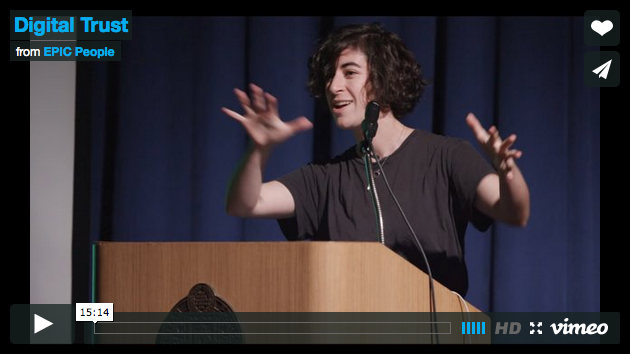This case study examines the use of iterative prototyping to raise concerns important to adolescents and...


This case study examines the use of iterative prototyping to raise concerns important to adolescents and...

This paper illustrates how the concept of “Human API” can help post-treatment cancer patients with challenges they face once they are released from the hospital. The results and implications of this semester long graduate project will help illuminate how the Human API through its various data...

This case study emphasizes the importance of ethnographic research in the public sector, specifically regarding emergency preparedness and crisis-response. In the summer of 2020, Surrey County Council in England commissioned a mixed-method Community Impact Assessment to better assist and serve...

This case study on mobility in health care demonstrates how ethnography and design research helped Intel meet the business challenge of redressing market share. Ethnography enabled the team to assess the interplay between mobile devices and other hospital technologies, understand how they fit...

In April 2020, a study of The Mount Sinai Hospital in New York City was conducted to better understand the challenge of adapting idealized infection control design guides to site-specific conditions during a pandemic. The study aimed to capture quick interventions that are working, offer a new...

In business thinking, ‘core competencies’ have long been seen as the critical factor that distinguishes great from good. Great companies have strong core competencies that they constantly leverage and develop. On the other hand, companies who do not understand their own strengths and weaknesses...

This paper describes two projects, Vila Rosario and Vila Mimosa, two pieces of ethnographic research that aimed at improving public health in poor corners of Rio de Janeiro, Brazil. The research sought to improve public health in these two marginalized communities in Rio de Janeiro. The main...

Adoption of digital support services is mediated by varying experiences of trust. This paper deconstructs the notion of trust in technology through a design-led research project on the long-term adoption of a telehealth service – a context at once complex and fragile. The investigated daily...

This paper reports on how people express health concerns as they move around their homes and travel between their homes and workplaces, stores, gyms, restaurants, friends’ homes, hotels and other locations. We gathered stories from focus groups and in-home interviews with people with a broad range...

In recent times, hospitals and healthcare organizations have become more accepting of using human-centered approaches, including ethnography, to lend insight on how to prevent risk, increase efficiency, improve staff experience, and advance delivery of care. But often times, these approaches lack...